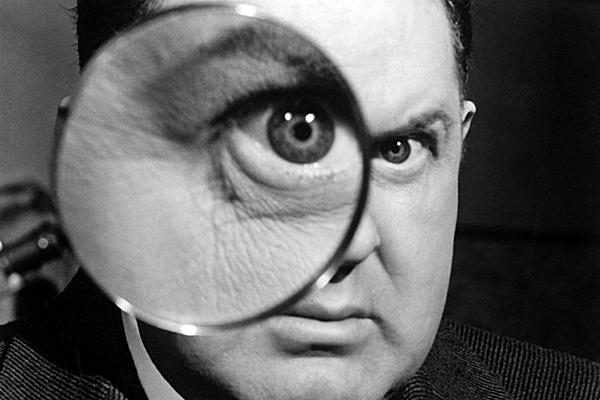ACT bill enables bosses' intrusion
 ACT unions say Canberra employers and insurers now have more power than the police to snoop into the private lives workers.
ACT unions say Canberra employers and insurers now have more power than the police to snoop into the private lives workers.
The Territory’s Legislative Assembly has passed the “workplace privacy” amendment legislation, which some fear will allow bosses and their insurance companies to put employees under covert surveillance if they are suspected of “unlawful activity”.
Unions say it is a lesser requirement than police use, arguing that police must have a suspicion of “criminal activity” to launch surveillance.
The ACT Government has pledged to impose tough judicial oversight on the new workplace laws.
The government says employers will need the consent of a magistrate before sending private eyes to spy on workers. Surveillance of employees while in their own homes will be banned.
Unions ACT has launched a marketing push against the legislation, specifically targeting Justice Minister Shane Rattenbury in his Kurrajong electorate.
“While most employees conduct themselves appropriately in relation to their work and workplace, it is important that we have measures in place that allow an employer to appropriately investigate circumstances of unlawful activity,” Mr Rattenbury said as the amendments passed without opposition.
“There are instances where an employee's unlawful behaviour, in relation to their work, may extend beyond the workplace.
“An employee could be using work resources for non-work related purposes, might pocket profits from the sale of work goods, or an employer may need to defend a damages claim.”
But Unions ACT says there is not enough protection in the bill.
“The thresholds for ‘reasonable belief’ and ‘unlawful activity’ are worryingly low and vague,” Unions ACT secretary Alex White said.
“The threshold for law enforcement agencies to conduct similar covert surveillance requires a suspicion of serious criminal activity.
“The lower threshold … in this bill would allow private employers and insurance companies wide powers to intrude into the private lives of workers for minor, non-criminal matters."
Mr Rattenbury said privacy would not be unreasonably breached.
“Where there are reasonable grounds to believe an employee is engaged in unlawful activity directly related to their work, the legislation will allow a magistrate to authorise limited surveillance of an employee outside of the workplace,” the minister said.
“This can already occur inside the workplace in limited circumstances and with safeguards.
“The magistrate must appoint a suitably qualified ‘surveillance supervisor’, independent of the employer, to manage the surveillance.
“They must not share surveillance records, and can only give the employer the surveillance material directly related to the unlawful behaviour. They must also erase and destroy all other irrelevant material.”








 Print
Print